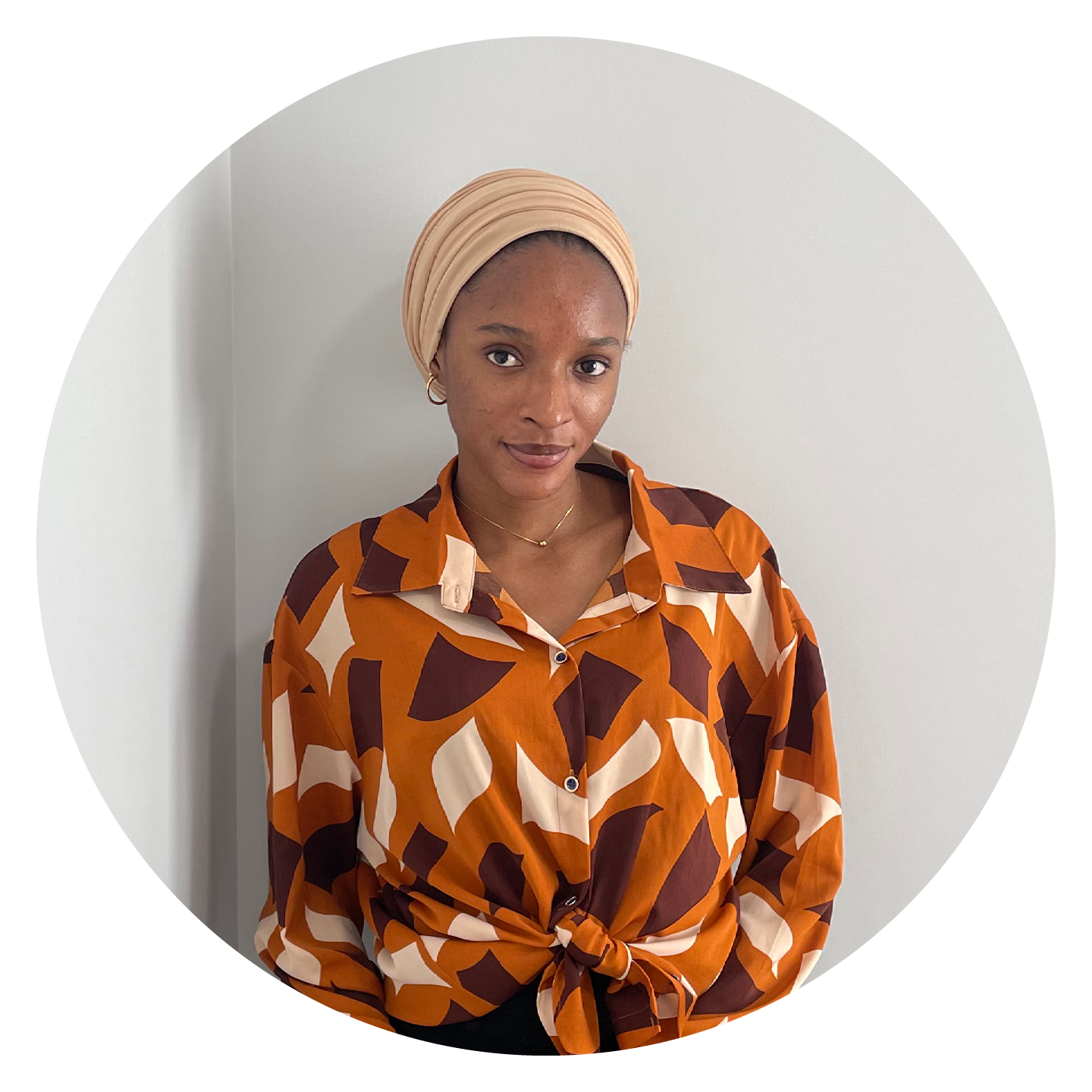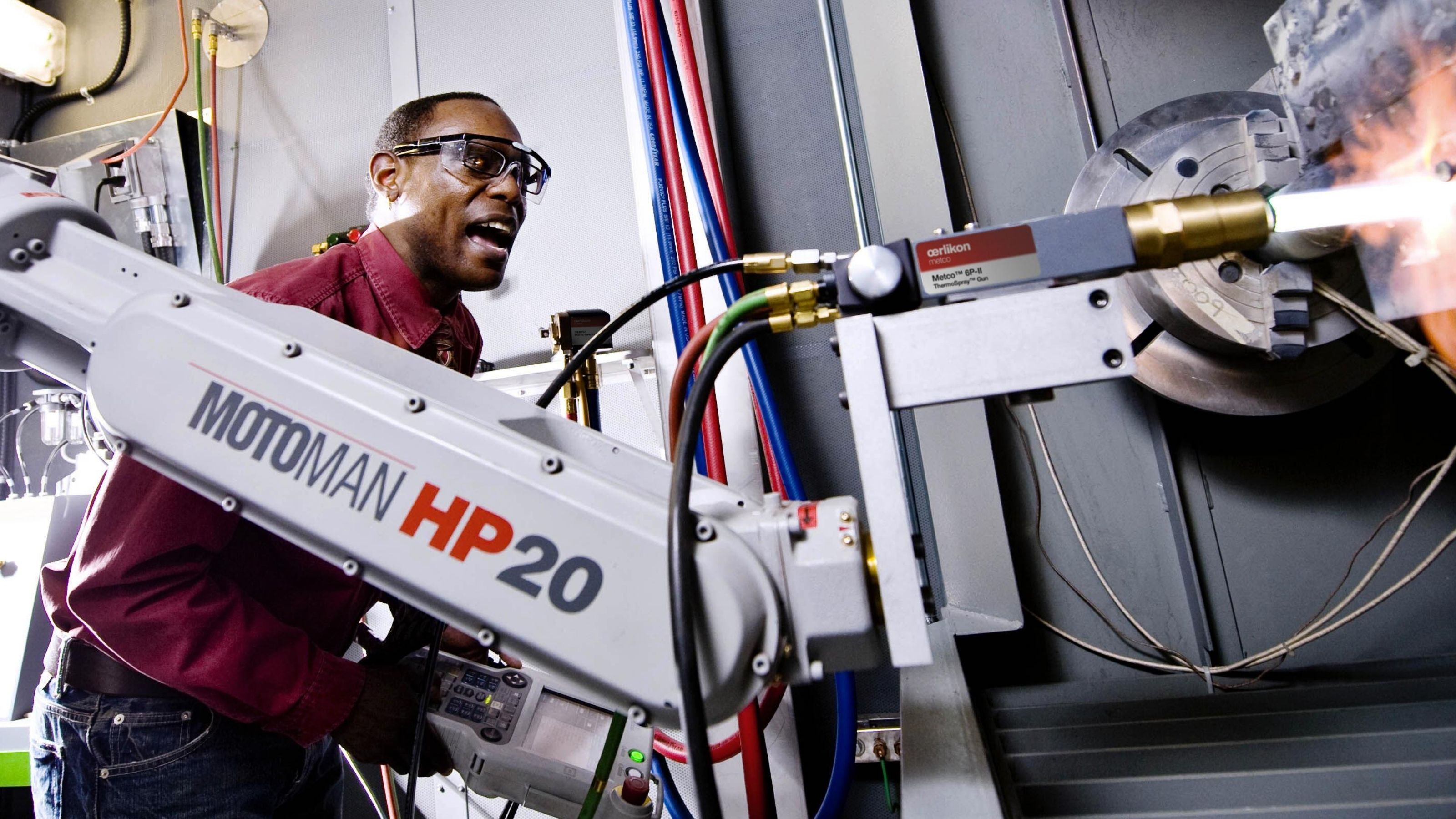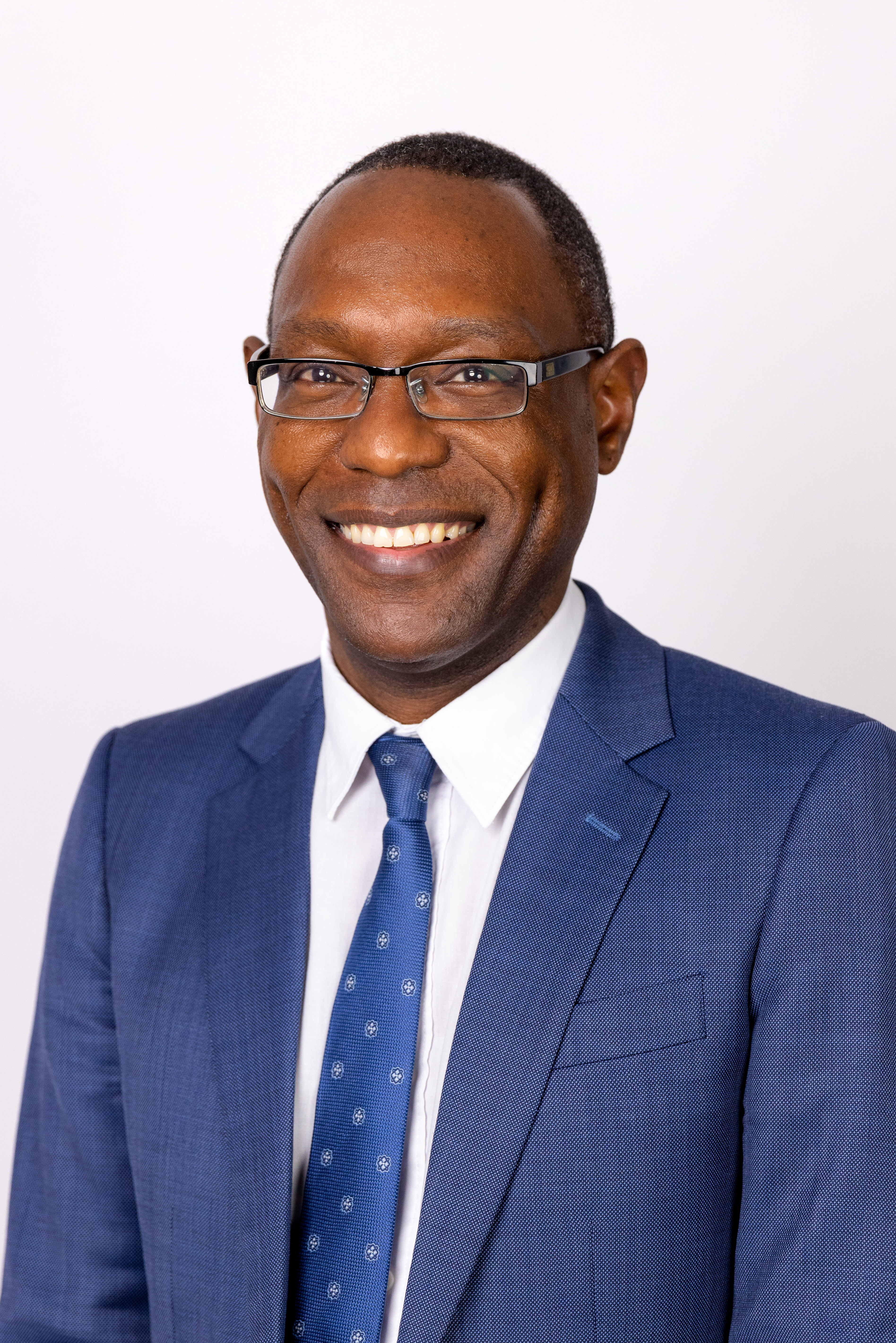Dr. André McDonald is a U of A professor in the Department of Mechanical Engineering, leading the research in advanced heat transfer and the Associate Vice President (Strategic Research Initiatives and Performance) at the U of A. In this interview, Dr. McDonald discusses how he got into his field of research and academia, his work with the Experiential Learning in Innovation, Technology and Entrepreneurship (ELITE) program and the people who have inspired him to be where he is today.
What inspired your interest in your specific field of study and how did you get into academia?
As a mechanical engineer, I began working in the heat and air conditioning field, focusing on systems design, system controls and developing heating and cooling systems. However, after two years, I noticed that the work became repetitive and I was losing interest in the cognitive growth that came from what I was doing. I realized that working in the industry at that phase of my career might not be for me and I yearned to return to graduate school to study fundamental heat transfer-related research. It came from a place of wanting to grow and develop independent-thinking skills. My interest in the field of heat transfer was driven by one of my professors. He was a mentor; his teaching style and patient approach to problem-solving fueled my interest in heat transfer. So, I would say he got me interested in the field specifically but what compounded my interest was the fact that it was highly mathematical, it allowed me to work in a space where I could think about problems, derive mathematical equations and predict outcomes without external input. This gave me a sense of power and accomplishment, which motivated me to pursue this area in my own research program. This passion for the field continued throughout my professional career and even after completing my PhD.
Did you always want to pursue a career in academia or did your industry experience drive you towards a career in academia?
No, it did not. I initially planned to return to industry after completing my PhD. My goal was to develop research skills, grow cognitively and scholastically and have an enjoyable experience. However, I realized that working for a company meant that my ideas would belong to the company. I wanted to own my ideas and found that academia offered flexibility in terms of ideas, space to think and to develop, design and create. I also enjoyed teaching and mentoring people, working with younger people and those who wanted to learn and grow. As a result, I changed course and decided to go into academia.
What advice can you give to Black students interested in academia and how to navigate any possible obstacles as a Black student?
To get started, individuals should take time to self-reflect on their goals and determine what they want to do and the best pathway to get them there. Working in academia is like being an entrepreneur, you are independent and will create things independently. It is important to consider your comfort level with working alone and collaborating with others. Additionally, consider your passion for engaging with people, teaching and seeing them grow. The best academics, in my opinion, are those who are excited about seeing people grow through classroom engagements, community outreach programs and research. If you lack this passion, academia may not be the best path for you. Basic aspects like engaging with people, supporting them, teaching and learning, training and education are essential for success in academia.
What impact do you hope to have in your field of research and in your community?
The major influence I hope to have is as a community member who supports the upward mobility of Black youngsters, notably through the ELITE program. Students transitioning from high school to college programs are influenced by their ELITE program peers, forming a pathway for them to attend university. Many undergraduates in the ELITE program receive scholarships, internships and job offers after graduation, demonstrating the significant impact of supporting socio-economic upward mobility in Black people early in their lives. In the long term, these students will have a significant impact on society and the next generation. This is the kind of influence I aim to have outside of my research, teaching and administrative responsibilities at the university.
What opinions do you think people have about Black people in academia and how do you think this narrative can be changed?
I think there is a significant lack of awareness about the potential of Black professionals. However, the work of many individuals in the community is to build awareness and lead initiatives in collaboration with others. This will help change the narrative on how Black professionals are viewed in society. Using myself as an example, I was not hired as an expert because I’m Black or because I am an EDI ambassador but because I have knowledge of the business market, law and strategy, I am able to make money for the institution. This sends a message to other Black colleagues that they can too. Many colleagues are now entering administration to become leaders, managing and leading programs, funding and engaging with external partners. This normalization of Black people in leadership roles will change the narrative and inspire young people to see these individuals in leadership roles. The goal is to change the narrative from Black individuals being victims and needing help to becoming the ones determining the direction of the organization. This is the narrative that I want to contribute to making a change at the institution and broadly.
Do you have any thoughts for the Black community with respect to the Black History Month?
Black History Month is beneficial and I appreciate having it, as it helps to focus on Black achievements and activities and re-engage people who may not be thinking about this over the other eleven months of the year. However, it is important not to only focus on engaging with Black colleagues or the Black community in February. I think this is a missed opportunity for society, as there are many great things happening in the community that should not only be celebrated in February. While Black History Month is appreciated, it is important for conversations to continue beyond February. Engaging with other groups and showcasing Black accomplishments should be a part of our lives all twelve months of the year. By doing so, we can normalize the accomplishments and work of the Black community and make it a part of our lives.


